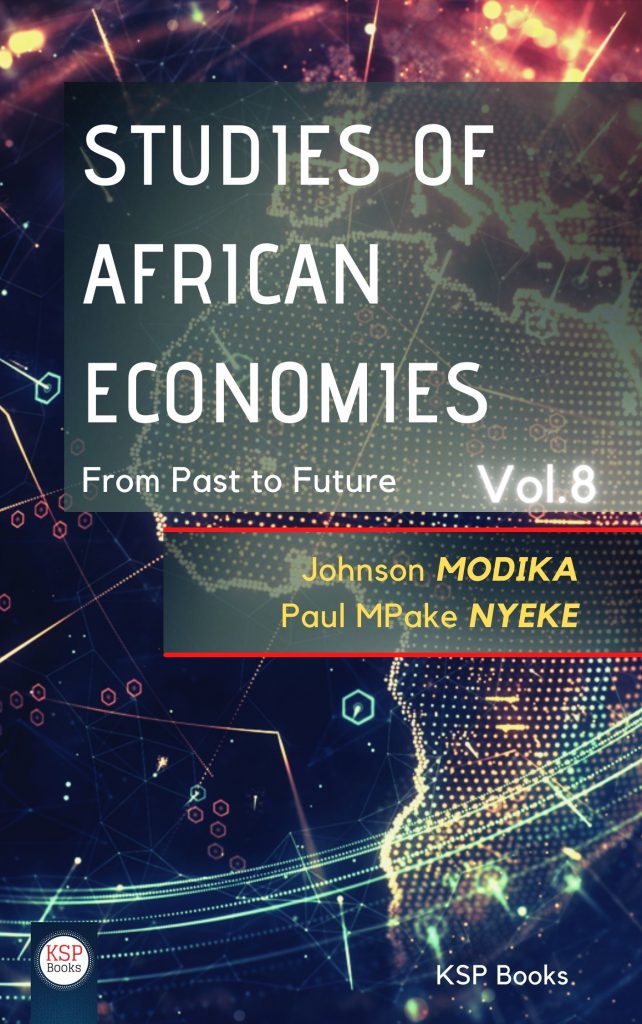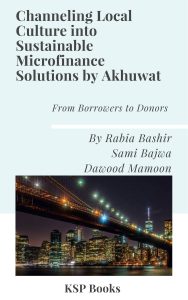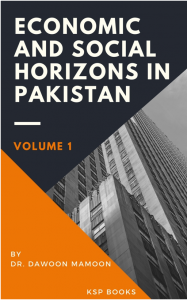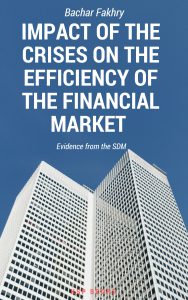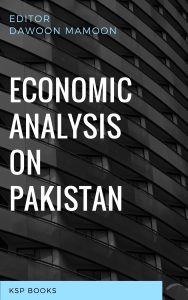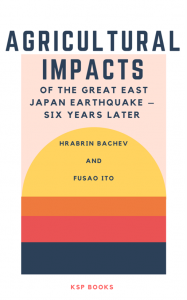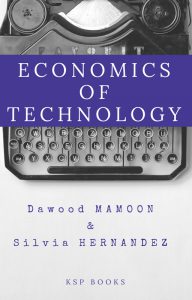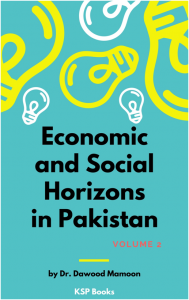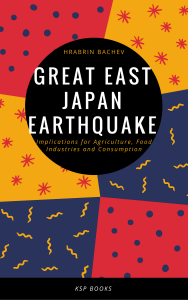Synopsis
Chapter 1: For decades crisis has been considered a major obstacle to socio-economic development of many African countries south of the Sahara. It is challenging because it affects all economic sectors and the population. The paper analyses the challenges of the causes of Anglophone crisis, and its consequences in Cameroon in general. Asystematic random sampling technique of one hundred and fifty (150) households, that is seventy five (75) town dwellers households and seventy five (75) food crops productionhouseholdsin the city of Kumba and Bamenda and its environ was adopted. The issues raised by the respondents were statistically analyzed by the use of Statistical Package for Student Survey, maps were produced by the cartographic software Arcgis, excel was use to realize figures and tables. Results from the findings are presented as follows; It was revealed that the Foumban Conference and decision taken by the former and present presidents constitute a major problem that will always escalate to conflict if federation is not implemented as accepted in the Foumban Conference. The finding also show that the city of Kumba past glories and that of tired Cameroon have been damaged by the Anglophone crisis that escalated in 2016. Wanton destruction of farmlands, energetic youthful population that represents over 60% of labour force in agricultural sector killed, while others flight away to nearby areas modifying their demographic structure. These factors have pushed the population to develop four strategies to cope with economic insecurity in the area: the creations of garden and poultry farms besides residence, creation of spontaneous markets, temporal migration and the establishment of instant lists of vulnerable population.
Chapter 2: The burden of kidney failure remains largely underreported in East Africa. Health systems face numerous challenges including a lack of kidney registries, shortages of trained skilled healthcare workers, a lack of diagnostic support, a lack of equipment, and underdeveloped policies to govern the provision of treatment for kidney failure. Kidney transplantation, an effective treatment option against kidney failure, is underused primarily because of its cost and the lack of laws governing it. In this paper, the author discusses the salient issues affecting kidney donation and transplantation in East Africa.
Chapter 3: Did British colonial policy primarily benefit Britain, or its colonies? Wadan Narsey, in British Imperialism and the Makings of Colonial Currency Systems (2016),claims that Britain established currency boards to help itself at the expense of the colonies. Examining the history of several currency boards and their assets for select years, Narsey finds that under British influence, they held lower-yielding, shorter-maturity British assets than they need have done, costing colonial governments revenue. We explore this idea by analyzing full annual data on the securities and assets of the currency boards of Palestine, East Africa, and West Africa. An accompanying spreadsheet workbook shows the details of the analysis.
Chapter 4: Covid-19 has reshaped the organisation and functioning of socio-economic activities of many countries. The holistic challenges of the port of Douala to adapt to modernisation so as to attract several industrial establishment as well as service deliverance to customers are many. A sample frame of 100 questionnaires was administered to business operators, visitors and port authority. The targeted population were randomly selected; administrators were interviewed on telephones given the present situation of social distancing while the customers and visitors were interviewed directly. This was complimented with the port statistical records on imports and exports. Collected data from the field were analysed manually and the use of Microsoft excel for table and ArcGIS was use to realised a maps of port evolution. The chapter show that, the seaport of Douala throughout its long history of evolution has encountered a number of problems and challenges that make the port less competitive in the face of increasing international transactions. The chapter proposes that the good performance and socio-economic development of the seaport of Douala is based on the recommendations related to health pandemic and port efficiency. In the same line the port should develop policies which envisage adjustments to working conditions. As regard to efficiency, operations should be digitalized to reduce dwell time in operation. There is also the need to replace old and out-dated equipment such as cranes, construction of additional quays and berths as well as removal of abandoned ship wrecks.
Chapter 5: We provide the first spreadsheet data series and legislative history of Zanzibar’s Board of Commissioners of Currency (1908-1935) and examine to what extent it operated as an orthodox currency board. The paper makes the annual balance sheets and monthly financial statements of the currency board available in machine-readable form for the first time, in a companion spreadsheet workbook and also offers a summary of legislation related to currency and banking for further analysis of the period.
Chapter 6: The Islamic religion in Africa in the 7th century, like other religions, it comes to fill a void, because Africans ‘said or lived in obscurantism. This religion is practiced differently from North to South. Over time, it took on other dimensions. The malaise, the underdevelopment of the countries of the South to transform some of these believers into fanatics with the birth of groups of death such as the Muslim Brotherhood, Al Qaeda, Daesh, the Taliban… these groups sow death everywhere in the world.
Chapter 7: The Banque de l’Afrique Occidentale was a Paris-based bank that operated in French colonies in West Africa and Equatorial Africa. From 1901 to 1955 it was a monopoly note issuer and so had one characteristic of a central bank alongside its commercial banking functions. This paper briefly reviews its history during that period, which apparently has not previously been done in English; collects the main legal enactments related to the bank, never done before for the whole period of its existence as a note issuer; and analyzes its balance sheet, which has never been digitized before and is available in an accompanying spreadsheet workbook. Through the balance sheet, the paper examines the composition of the bank’s assets and liabilities and how they evolved over time. It concludes with some observations about the bank’s role in French colonial Africa.
Contents
About the Editor(s)
ISBN
978-625-7501-84-2
Date of Publication
July 15, 2022
File Size: 5598 KB
Length: xi + 176 pages
This work is licensed under a Creative Commons Attribution 4.0 International License.
